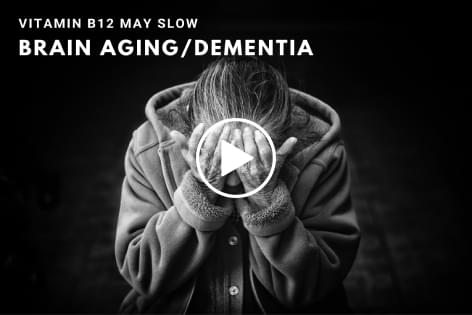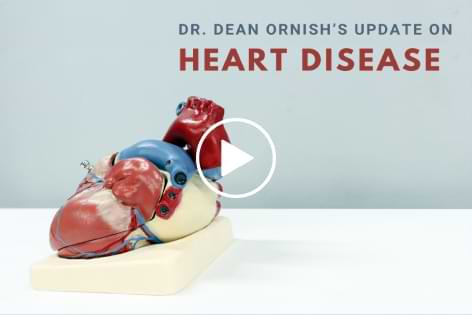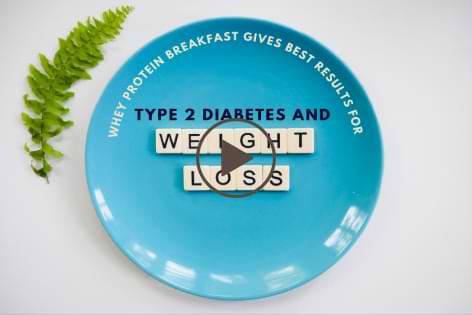
LMU 13 – The Health Benefits of Ground Flaxseed: A Rich Source of Lignans and Omega-3 Fats
Source: Comprehensive Reviews in Food Science and Food Safety, 2010
Lifestyle Medicine Update (June 29, 2016)
Introduction:
Ground flaxseed is a unique and powerful food packed with beneficial compounds that can positively impact human health. Its key components are alpha-linolenic acid, an essential omega-3 fatty acid, and SLD (secoisolariciresinol diglycoside), a unique lignan. In this article, we will explore the health benefits of ground flaxseed, with a particular focus on its role in cancer prevention, hormone regulation, and overall well-being.
The Power of Lignans: Enterolactone and Enterodiol
Ground flaxseed’s exceptional lignan content is a standout feature. Flaxseed contains an abundance of lignans that are metabolized into Enterolactone and Enterodiol by gut bacteria. These compounds, classified as phytoestrogens, have shown promising anti-cancer effects, particularly in breast and prostate cancer.
Cancer Prevention: Fighting Breast and Prostate Cancer
Studies have revealed that Enterolactone and Enterodiol can reduce the form of estrogen (16-hydroxy estrone) that is considered carcinogenic while simultaneously increasing the shape that minimizes the risk of breast and endometrial cancer (2-hydroxy estrone). Ground flaxseed’s potential in managing PMS symptoms, fibrocystic breast disease, uterine fibroids, and possibly endometriosis is beneficial for premenopausal women with high estrogen levels. For menopausal women with low estrogen levels, ground flaxseed supplementation may help alleviate menopausal symptoms through mild estrogen stimulation in target tissues.
Prostate Health and Cancer Risk Reduction
Ground flaxseed has demonstrated promise in inhibiting cell division rates in prostate cancer cells and slowing tumor growth in men with localized prostate cancer. The combination of ground flaxseed with a low-fat diet has been associated with reduced PSA (prostate-specific antigen) levels, suggesting a potentially lower risk of prostate cancer.
Beyond Breast and Prostate: Other Cancers
Experimental studies have also shown that flaxseed can inhibit colon and skin cancers in cell cultures and animal models. Its antioxidant effects and ability to prevent chromosomal DNA damage further highlight its potential in cancer prevention.
The Role of Fiber in Ground Flaxseed
Ground flaxseed is rich in lignans and omega-3 fats and contains both types of dietary fiber—cholesterol-lowering fiber and fiber that improves intestinal regularity. These fibers contribute to lower blood sugar levels and improved insulin sensitivity, making ground flaxseed beneficial for individuals with diabetes.
Unlocking the Medicinal Properties: Ground vs. Whole Flaxseed
To fully access the medicinal properties of flaxseed, it is crucial to consume it in ground form. The outer husk of flaxseeds is too harsh for digestive enzymes to break down, hindering access to the essential ingredients. We recommend a daily intake of 1 to 2 tablespoons of ground flaxseed as part of a wellness program.
Other Sources of Cancer-Fighting Lignans
While ground flaxseed contains many lignans, other plant foods also provide cancer-fighting lignans. Grains such as wheat, barley, oats, legumes like beans, lentils, and soybeans, and vegetables such as garlic, asparagus, broccoli, and carrots contribute to a well-rounded diet that supports overall health.
Conclusion
Ground flaxseed is a nutritional powerhouse, offering essential omega-3 fats, lignans, and dietary fiber, contributing to numerous health benefits. Various studies have well-documented its potential in cancer prevention, hormone regulation, and overall well-being. Individuals can optimize their health and well-being by incorporating ground flaxseed into a balanced diet.
Reference:
Gustavo A. González-Sarrías, Navindra P. Seeram. Flaxseed Lignans: Source, Biosynthesis, Metabolism, Antioxidant Activity, Bio-Active Components, and Health Benefits. Comprehensive Reviews in Food Science and Food Safety. Vol 9, 2010:261-269. [Link: http://onlinelibrary.wiley.com/doi/10.1111/j.1541-4337.2009.00105.x/abstract]

Dr. James Meschino
ABOUT THE AUTHOR
Dr. James Meschino, DC, MS, ROHP, is an educator, author, and researcher having lectured to thousands of healthcare professionals across North America. He holds a Master’s Degree in Science with specialties in human nutrition and biology and is recognized as an expert in the field of nutrition, anti-aging, fitness, and wellness as well as the author of numerous books.











